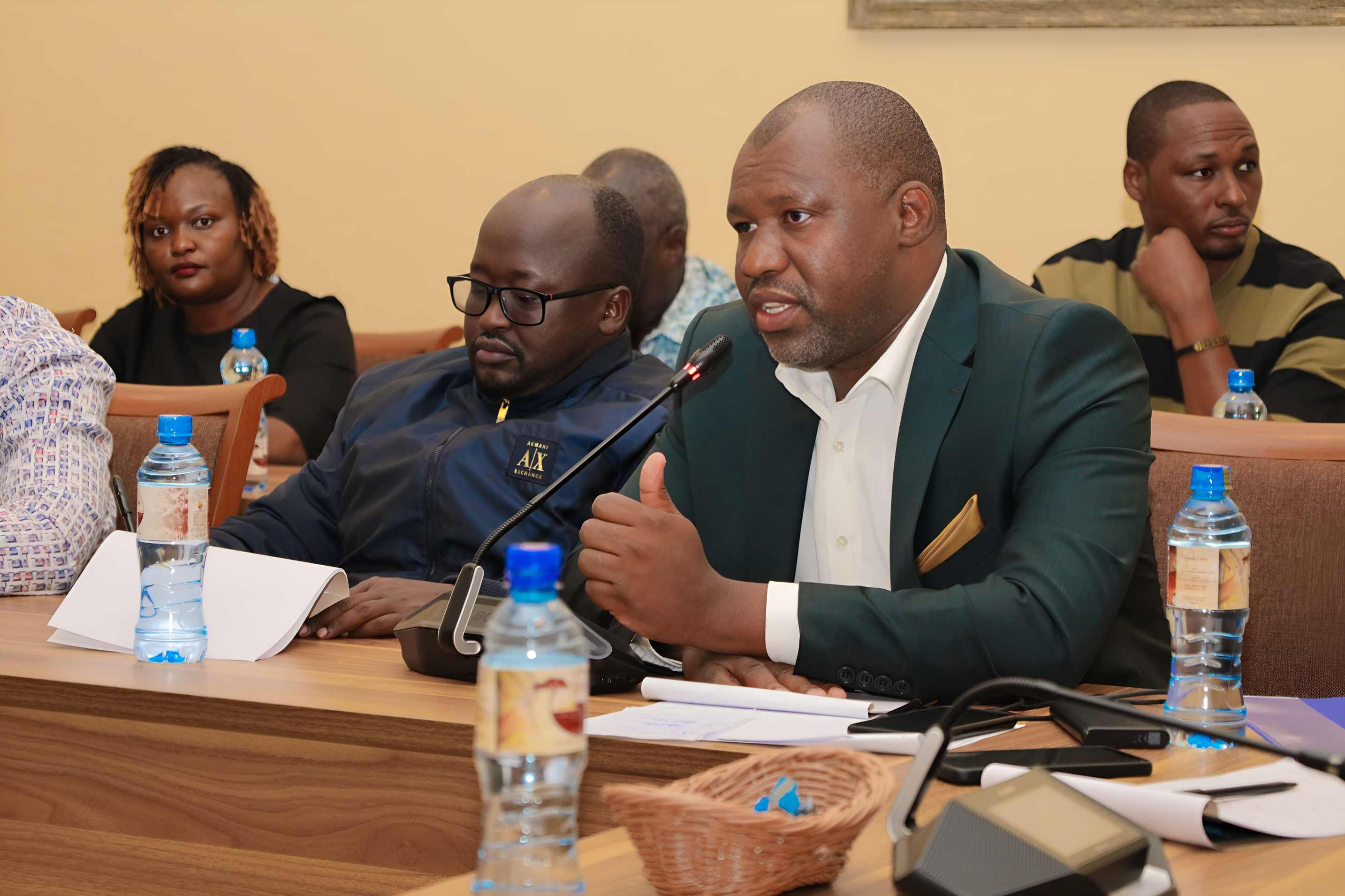Deputy governors have called on the Senate to end what they described as symbolic and sidelined roles, insisting they were elected and not appointed, and should therefore be active participants in county leadership and decision-making.
Speaking in Nakuru County during a session with the Senate Standing Committee on Devolution and Intergovernmental Relations on Monday, the deputy governors said the current legal setup treats them like spectators in their own governments.
Led by Reuben Kamuri of Laikipia, they said the law should spell out their mandate, warning that without clarity, counties risk dysfunction and weak leadership.
"The deputy governors are more of personal assistants to the governors. We are not involved in the running of the counties," Kamuri stated, expressing frustration over being excluded from key decisions and programs.
They urged the Senate to amend Section 32 of the County Government Act to reflect the actual weight of their positions.
They also proposed that the Senate introduce a clear governance model where deputy governors lead specific programs to support service delivery, just as the Deputy President leads IBEC at the national level.
While acknowledging the concerns, senators urged the deputy governors to back their demands with researched comparisons from other countries.
Kisii Senator Richard Onyonka said, "Research on what others have done and then propose a well-researched formula for budget allocation and funding for the deputy governor's office."
The senators also warned that power struggles between governors and their deputies must be avoided.
They said reforms must focus on harmony and function, not rivalry, and called for a balanced structure that respects both offices.
The deputies emphasized that their demand is not about competing with governors, but about being empowered to work effectively for the benefit of the counties that elected them.
They stressed that the time to fix the gaps in the law is now.

